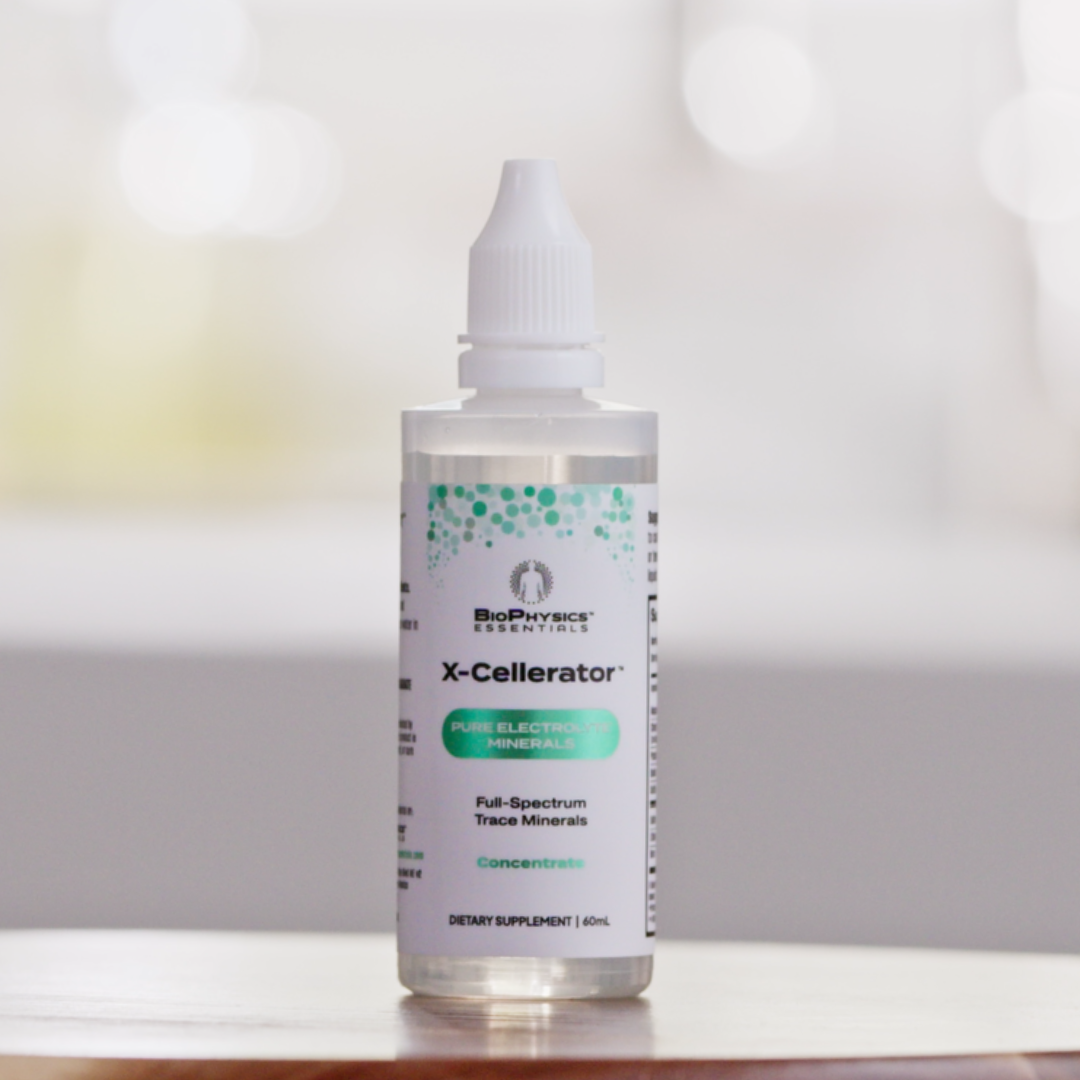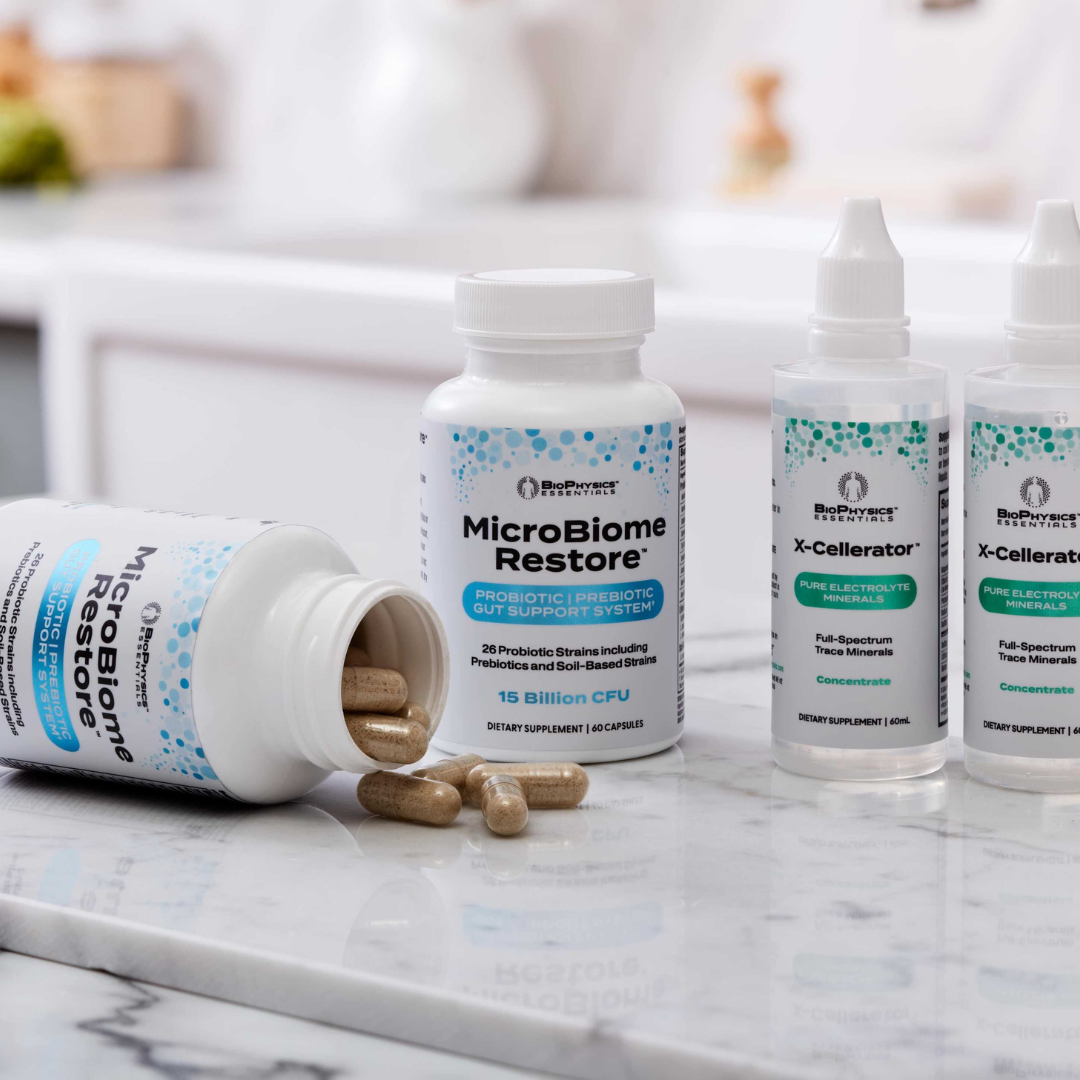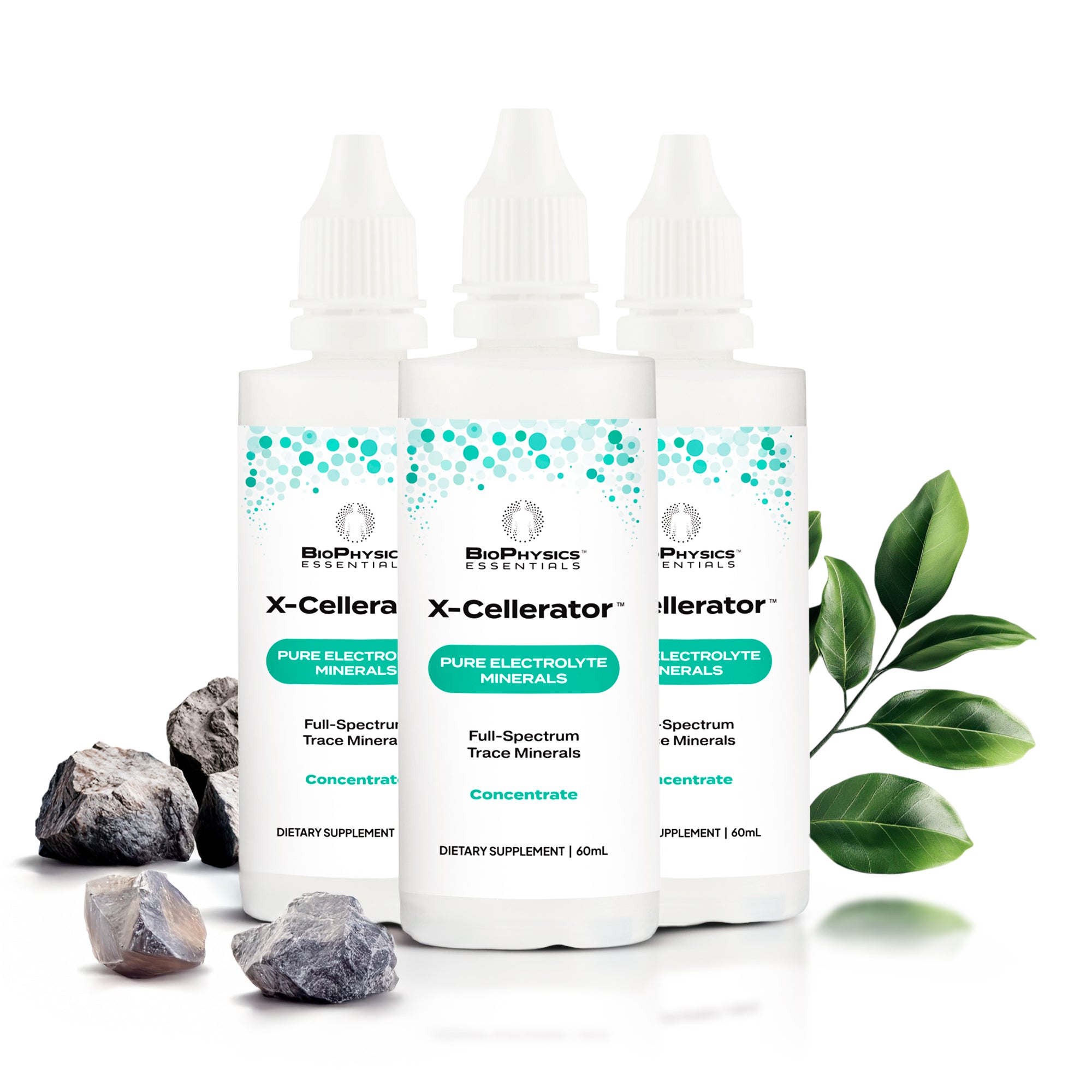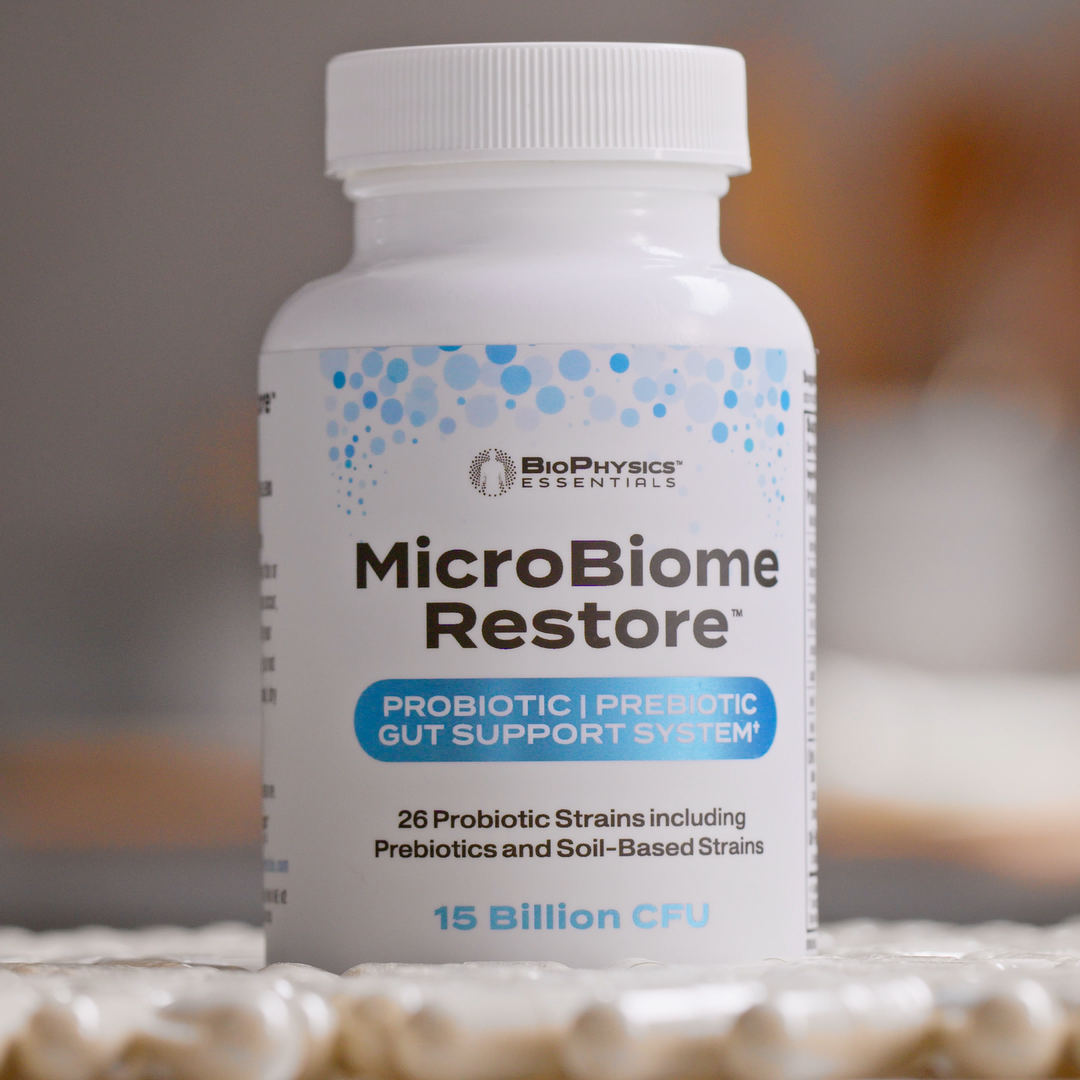Cellulose allergies are rare but can cause various symptoms when exposed to plant-based materials or supplements containing microcrystalline cellulose (MCC). These allergies can affect people differently, with symptoms ranging from mild discomfort to severe reactions. Let's explore 12 common cellulose allergy symptoms and how they relate to MCC in supplements, giving a full picture for those worried about possible sensitivities.
For a deeper look at what microcrystalline cellulose is, why manufacturers use it, and safer alternatives, see our comprehensive guide on whether MCC in supplements is unsafe.
Key Symptoms of Cellulose and MCC Allergy
- Skin reactions: itching, rashes, hives
- Breathing issues: wheezing, coughing, shortness of breath
- Stomach problems: nausea, bloating, pain
- Eye irritation: redness, itching, watering
- Stuffy and runny nose
- Sore throat and constant cough
- Headaches and migraines
- Feeling tired and unwell
- Severe allergic reaction (anaphylaxis) in rare cases
- Fuzzy thinking and trouble focusing
- Immune system reactions
- Delayed reactions after exposure
1. Skin Reactions
One of the main signs of a cellulose allergy is skin irritation. This can include:
- Itching, which can range from mild to intense and affect different parts of the body
- Rashes, appearing as red, inflamed patches on the skin, potentially spreading over time
- Hives, showing up as raised, itchy welts that can appear and disappear quickly
- Contact dermatitis, especially when skin touches cellulose-containing materials directly
These symptoms may happen after handling cellulose-containing products or taking supplements with MCC. The severity can vary depending on how sensitive a person is and how much they're exposed to. Sometimes, skin reactions might be delayed, showing up hours or even days after exposure. Our MicroBiome Restore™ is made without MCC, potentially lowering the risk of skin reactions for sensitive people. This probiotic supplement supports gut health while minimizing the chance of triggering cellulose-related skin symptoms.
If you're sensitive to MCC, you may also want to evaluate other common fillers in your supplements. Titanium dioxide has been linked to gut inflammation and was banned in the EU after regulators could not establish a safe consumption level.
2. Breathing Issues
Cellulose allergies can trigger breathing symptoms similar to hay fever, including:
- Sneezing, which may be frequent and intense, especially when first exposed
- Runny or stuffy nose, making it hard to breathe through your nose
- Coughing, which can be dry and constant, possibly getting worse at night
- Wheezing, making a whistling sound when breathing, showing narrowed airways
- Shortness of breath, which can range from mild to severe and can be worrying
- Chest tightness, often coming with other breathing symptoms
These symptoms might be worse when exposed to airborne cellulose particles or after taking MCC-containing supplements. The way the breathing system reacts to cellulose can look like other allergies, making it hard to diagnose without proper testing. People with existing breathing problems might have more severe symptoms. Our probiotic collection is designed to support breathing health without using MCC fillers, potentially offering a safer option for those sensitive to cellulose.
3. Stomach Problems
Eating MCC or other forms of cellulose can lead to digestive symptoms in sensitive people, such as:
- Nausea, which can range from mild queasiness to severe discomfort
- Bloating, often feeling full or having a swollen belly
- Stomach pain or cramps, which might be in one spot or all over the belly
- Diarrhea, potentially leading to dehydration if severe or long-lasting
- Constipation, in some cases, as cellulose can affect how the digestive system moves
- Changes in appetite, either eating more or less than usual
These stomach symptoms can really affect daily life and how much nutrition you get. How bad and how long the symptoms last may depend on how much cellulose you eat and how sensitive you are. Some people might have a mix of these symptoms, while others may only have one or two main issues.
If bloating is your primary concern, our guide on clinically proven probiotic strains for bloating relief covers which specific bacteria may help.
Our Gut Essentials Protocol is specially made to support digestive health without using MCC fillers, potentially lowering the risk of these symptoms. This complete approach to gut health thinks about the unique challenges faced by those sensitive to cellulose. For those with particularly sensitive digestive systems, acacia fiber offers a gentle, low-FODMAP prebiotic option that won't irritate the gut.
4. Eye Irritation
Cellulose allergies can affect the eyes, causing:
- Redness, which you might see in the whites of the eyes and around them
- Itching, often intense and hard to ignore, leading to rubbing and more irritation
- Lots of tears, as the eyes try to wash out irritants
- Swollen eyelids, which can be uncomfortable and affect vision
- Burning feeling, especially when exposed to airborne cellulose particles
- Sensitivity to light, making it hard to be in bright places
These symptoms might happen when exposed to airborne cellulose particles or after handling cellulose-containing products. Eye irritation can be really upsetting and might affect daily activities like reading, driving, or using screens. Sometimes, eye symptoms might be the first or most noticeable sign of a cellulose allergy. Taking good care of your eyes and avoiding triggers are important for managing these symptoms. Our mineral supplements support overall health, including eye health, without using MCC. These carefully made products provide essential nutrients that may help keep eyes healthy and potentially reduce the risk of irritation in sensitive people.
5. Stuffy and Runny Nose
Cellulose allergies can trigger nose symptoms similar to hay fever, including:
- Stuffy nose, making it hard to breathe through your nose
- Runny nose, with clear or colored discharge
- Sneezing, often in fits or bouts, especially when first exposed
- Postnasal drip, causing a constant need to clear your throat
- Sinus pressure and pain, especially in the forehead and cheek areas
- Reduced sense of smell, due to nose inflammation and congestion
These symptoms might be really noticeable when handling or eating products containing cellulose. A stuffy and runny nose can really affect quality of life, messing with sleep, focus, and overall comfort. The ongoing nature of these symptoms can lead to feeling tired and irritable. Sometimes, nose symptoms might come with ear discomfort or changes in hearing due to congestion in the tubes connecting your ears and throat. Learn how probiotics can support overall immune health, potentially reducing allergy symptoms. Our probiotic formulas are designed to balance gut bacteria, which might indirectly support breathing health and reduce the severity of nose allergy symptoms.
6. Sore Throat and Constant Cough
Exposure to cellulose can cause:
- Sore throat, ranging from mild discomfort to severe pain
- Constant coughing, which might be dry or produce mucus
- Feeling of a lump in the throat, also known as globus sensation
- Hoarseness or changes in voice quality
- Trouble swallowing, especially noticeable with dry foods
- Increased throat clearing, often in response to postnasal drip
These symptoms might be worse when taking supplements containing MCC. A sore throat and constant cough can be really disruptive, affecting talking, eating, and sleeping patterns. Sometimes, ongoing throat irritation might lead to other infections or make existing breathing conditions worse. It's important to tell the difference between cellulose-caused throat symptoms and those caused by other things like acid reflux or viral infections. Our X-Cellerator Full Spectrum Minerals support overall health without using MCC fillers. This mineral supplement may help maintain proper hydration and electrolyte balance, potentially easing throat discomfort and supporting overall breathing health.
7. Headaches and Migraines
Some people with cellulose allergies might experience:
- Headaches, ranging from mild to severe, often tension-type or sinus-related
- Migraines, with intense, throbbing pain and possible vision changes
- Sinus pressure, felt across the forehead, cheeks, and bridge of the nose
- Sensitivity to light and sound, often coming with bad headaches
- Feeling sick and throwing up, especially with migraines
- Dizziness or vertigo, possibly related to sinus congestion or migraine symptoms
These symptoms can be triggered by eating MCC-containing supplements or being exposed to cellulose-based products. Headaches and migraines linked to cellulose allergies can really affect daily life, impacting work performance, social interactions, and overall well-being. The connection between cellulose exposure and headache symptoms might not always be obvious right away, making it important to keep a detailed symptom diary. Finding and avoiding triggers is crucial for managing these symptoms. Learn about the connection between gut health, mineral deficiencies, and overall well-being. Understanding this relationship can help in developing a complete approach to managing cellulose-related headaches and migraines, potentially through improved gut health and balanced mineral intake.
8. Feeling Tired and Unwell
Cellulose allergies can lead to overall symptoms such as:
- Tiredness, ranging from mild sleepiness to overwhelming exhaustion
- Weakness, affecting physical strength and stamina
- General feeling of being unwell, often described as "feeling off"
- Low energy levels, impacting daily activities and motivation
- Mood changes, including irritability or feeling down
- Sleep problems, possibly due to other allergy symptoms
These symptoms might be subtle but ongoing, especially with regular exposure to cellulose-containing products. Feeling tired and unwell can really affect quality of life, impacting work performance, relationships, and overall well-being. The long-term nature of these symptoms can lead to ongoing health issues if not addressed. It's important to consider cellulose allergies as a possible cause of unexplained tiredness, especially when other allergy symptoms are present. Discover how combining probiotics with trace minerals can boost overall energy and well-being. This complete approach to health may help ease some of the overall symptoms linked to cellulose allergies, promoting better energy levels and overall vitality.
9. Severe Allergic Reaction (Anaphylaxis)
In rare cases, cellulose allergies can lead to anaphylaxis, a severe and potentially life-threatening allergic reaction. Symptoms may include:
- Trouble breathing, including wheezing and shortness of breath
- Swelling of the throat or tongue, potentially blocking airways
- Fast heartbeat, often with a drop in blood pressure
- Feeling dizzy or fainting, due to less blood flow to the brain
- Skin reactions, such as hives or flushing
- Feeling sick, throwing up, or stomach pain
Immediate medical help is crucial if anaphylaxis is suspected. Anaphylaxis can happen within minutes of exposure to cellulose or MCC and can get worse quickly. People with known severe cellulose allergies should carry an epinephrine auto-injector and wear a medical alert bracelet. It's important to know that previous mild reactions don't mean a severe reaction can't happen in the future. Our shop offers a range of MCC-free supplements to support your health safely. These products are carefully made to provide essential nutrients without the risk of triggering cellulose-related allergic reactions, including severe responses like anaphylaxis.
10. Fuzzy Thinking and Trouble Focusing
Some people with cellulose allergies report thinking symptoms such as:
- Brain fog, feeling like it's hard to think clearly or focus
- Trouble concentrating, affecting work or study performance
- Memory issues, including short-term memory problems
- Reduced mental clarity, often described as feeling "spaced out"
- Slower thinking speed, taking longer to understand or respond to information
- More irritability or mood swings, possibly due to frustration with thinking problems
These symptoms might be subtle but can affect daily functioning. Thinking symptoms linked to cellulose allergies can be particularly challenging, as they might not be immediately recognized as allergy-related. The impact on mental performance can affect various parts of life, including work productivity, school performance, and social interactions. It's important to consider cellulose allergies as a possible cause of unexplained thinking issues, especially when other allergy symptoms are present. Learn about the connection between gut health and brain function. Understanding this relationship can help in developing ways to manage thinking symptoms, potentially through improving gut health and reducing overall inflammation in the body. The science behind this is fascinating—our article on the gut-brain axis and mental well-being explains how digestive health directly impacts cognitive function.
11. Immune System Reactions
Cellulose allergies can trigger various immune system responses, including:
- Increased inflammation throughout the body
- Higher sensitivity to other allergens, potentially making existing allergies worse
- Possible autoimmune reactions, where the immune system mistakenly attacks healthy cells
- Changes in white blood cell counts, showing an active immune response
- Increased production of histamine and other inflammatory substances
- Weakened barrier function in the gut and breathing system
These reactions might be more noticeable in people with existing autoimmune conditions. The immune system's response to cellulose can have far-reaching effects on overall health, potentially contributing to long-term inflammation and related health issues. Understanding the relationship between cellulose allergies and immune function is crucial for developing effective management strategies. In some cases, cellulose allergies may uncover or worsen underlying immune system disorders. Beyond MCC, other common supplement fillers like magnesium stearate and silica may also contribute to immune system irritation in sensitive individuals. Our MicroBiome Restore™ is designed to support immune health without using MCC. This probiotic formula aims to balance the gut microbiome, which plays a crucial role in regulating immune responses and may help reduce some of the immune-related symptoms associated with cellulose allergies.
12. Delayed Reactions
Some people may experience delayed reactions to cellulose exposure, including:
- Symptoms that start slowly over several days, making it hard to identify the cause
- Ongoing mild symptoms that may change in intensity
- Trouble identifying the specific trigger due to the delay between exposure and when symptoms start
- Build-up effects from repeated low-level exposures
- Symptoms that may continue even after the initial exposure has been removed
- Potential for long-term health effects if exposure continues unnoticed
These delayed reactions can make it hard to pinpoint cellulose as the cause. The complex nature of delayed reactions often leads to wrong diagnosis or confusion about the root cause of symptoms. Keeping a detailed symptom diary and working with a healthcare professional can help identify patterns and establish a connection between cellulose exposure and symptoms. It's important to consider both immediate and delayed reactions when evaluating potential cellulose allergies, as this complete approach can lead to more effective management strategies.
Conclusion
Cellulose allergies, especially reactions to microcrystalline cellulose (MCC) in supplements, can show up in many ways. From skin reactions to breathing issues and even severe anaphylaxis, it's important to know about these possible symptoms. The wide range of possible reactions shows how complex cellulose allergies are and the need for personalized approaches to diagnosis and management. While some symptoms might be obvious right away, others, like thinking issues or delayed reactions, can be more subtle and hard to identify.
If you think you might have a cellulose allergy, talk to a healthcare professional for proper diagnosis and management. An allergist or immunologist can do specific tests to confirm cellulose sensitivity and give advice on avoiding triggers. It's crucial to read product labels carefully, especially for supplements and medications, as MCC is a common ingredient in many formulations. Our guide on how to read supplement labels for hidden fillers walks you through exactly what to look for when shopping for cleaner products.
At BioPhysics Essentials, we understand the importance of offering MCC-free alternatives. Our range of supplements, including MicroBiome Restore™, X-Cellerator Full Spectrum Minerals, and Gut Essentials Protocol, are made without MCC, providing options for those with sensitivities. These products are designed to support overall health and well-being while lowering the risk of triggering cellulose-related allergic reactions.
For a detailed comparison of why multi-strain probiotics without MCC outperform filler-heavy options, or to find the best probiotic without microcrystalline cellulose, explore our research-backed guides.
Remember that managing cellulose allergies often requires a multi-part approach, including changes to diet, adjustments to your environment, and possibly medication under medical supervision. By staying informed about possible symptoms and working closely with healthcare providers, people with cellulose allergies can develop effective strategies to maintain their health and quality of life.
Always talk to your healthcare provider before starting any new supplement routine, especially if you have known allergies or sensitivities. With proper awareness and management, it's possible to minimize the impact of cellulose allergies and maintain good health.
Understanding the truth about flow agents and fillers in supplements empowers you to make informed decisions about every product you take.





















Share and get 15% off!
Simply share this product on one of the following social networks and you will unlock 15% off!